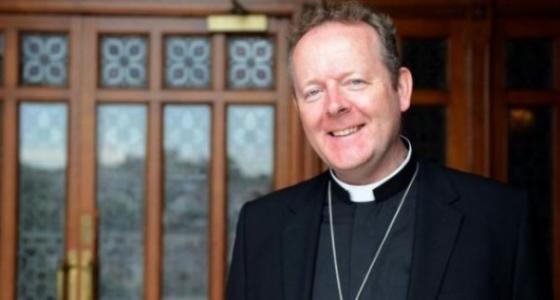Society will be impoverished if religion is barred from influencing public life, while Faith is impoverished if it is compartmentalised and treated as a purely private activity, Archbishop Eamon Martin has said.
Speaking at Norwich’s University of East Anglia on the theme ‘The Church in the Public Sphere – a perspective from Ireland’, the Archbishop of Armagh and Primate of All Ireland cautioned against being tempted “into parallel culture wars” or withdrawing from the public space.
“I am completely convinced that the voice of Faith can and should remain engaged in the public square,” he said, continuing: “Our faith is not simply for the privacy of our homes and churches. The Gospel is meant for mission. It is not to be cloistered away from the cut and thrust of public discourse.”
Damage
Dr Martin acknowledged that the Church in Ireland has seen great damage to its credibility in recent decades, but said it was important to remember the remarkable witness of innumerable faithful Irish Catholics.
“Decades of service by countless religious sisters and priests to the education and healthcare of the people of Ireland and all over the world is almost obliterated by a revised and narrow narrative that religious ethos cannot be good for democracy and stands against the progress and flourishing of society and the rights of citizens,” he said.
Underlining how Catholic approaches to public policy are drawn from both faith and reason, the archbishop noted how the convergence of the two was central to the thinking of Blessed John Henry Newman, in whose honour the lecture was given.
Conversations
Dr Martin said that religion should continue to play an important part in national conversations, and said that rather than reacting defensively to legitimate criticisms, Catholics should be “thankful” that shameful chapters in our history have been exposed with the voices of those who had “been carrying a lonely trauma” being heard at last.
He advised, however, that past failures should not simply define us, but “should instead help all of us in the public sphere learn lessons for the present about where Church and society might today be similarly marginalising the poor, stigmatising the unwanted or failing to protect the most vulnerable”.


 Greg Daly
Greg Daly Archbishop Eamon Martin
Archbishop Eamon Martin 